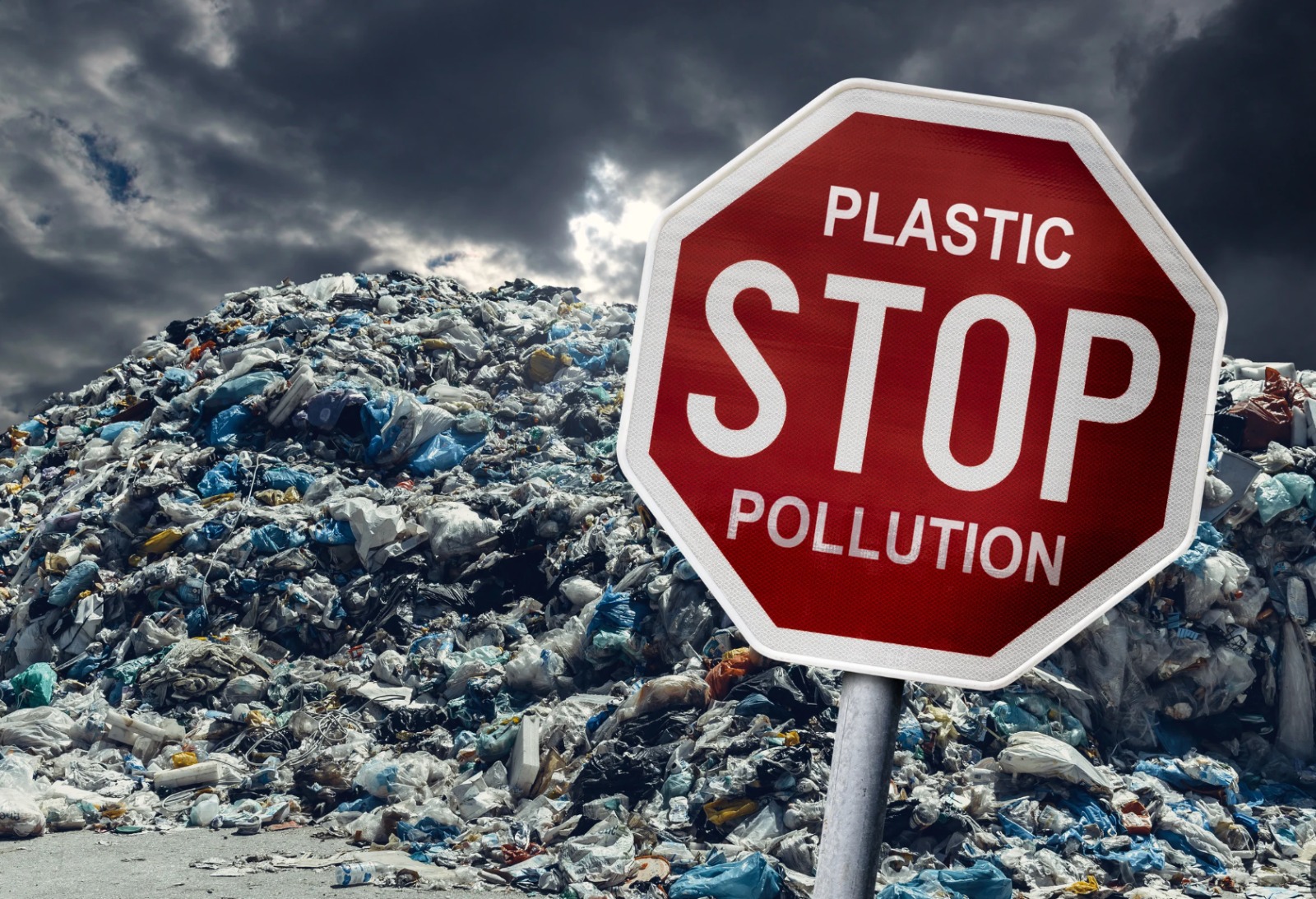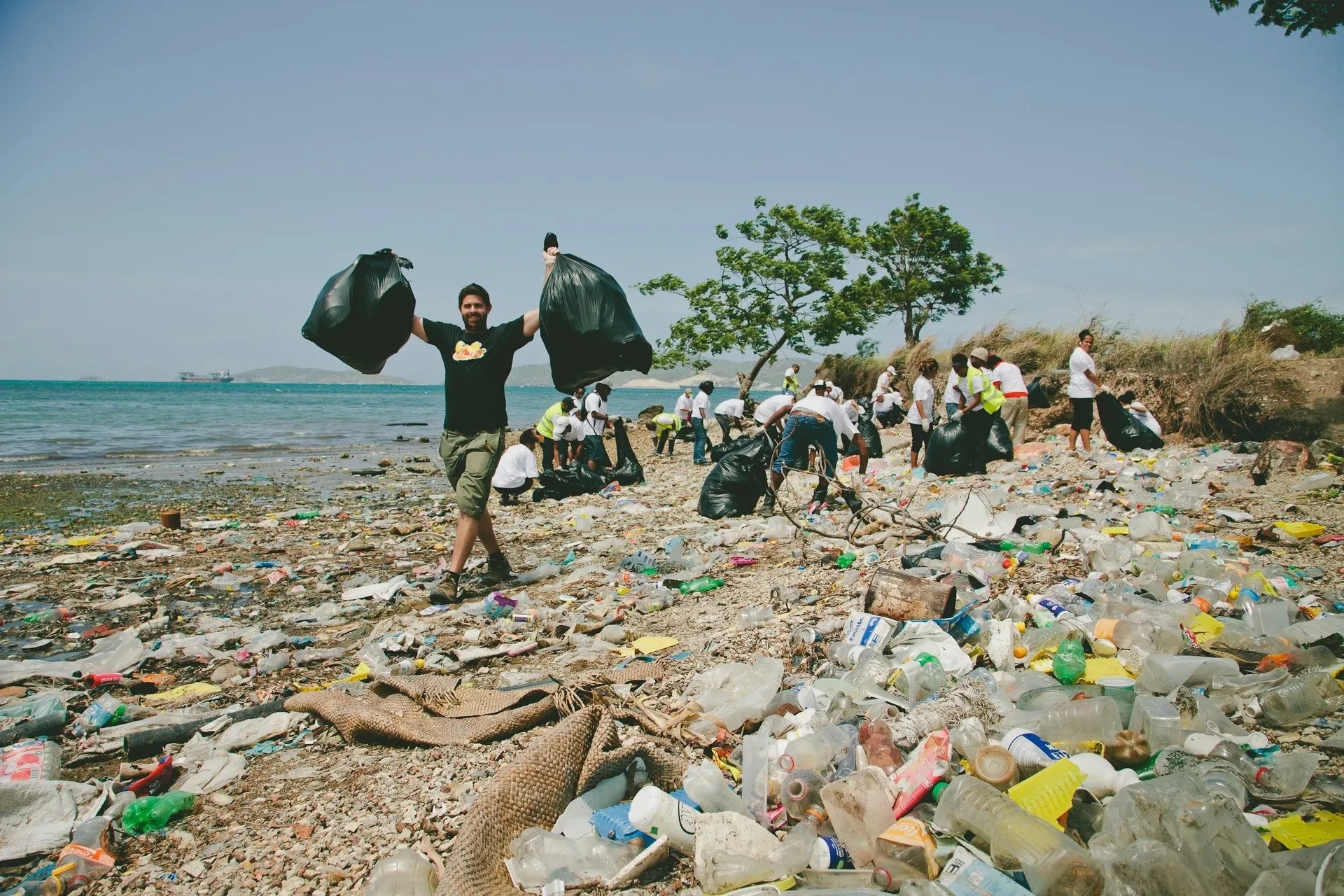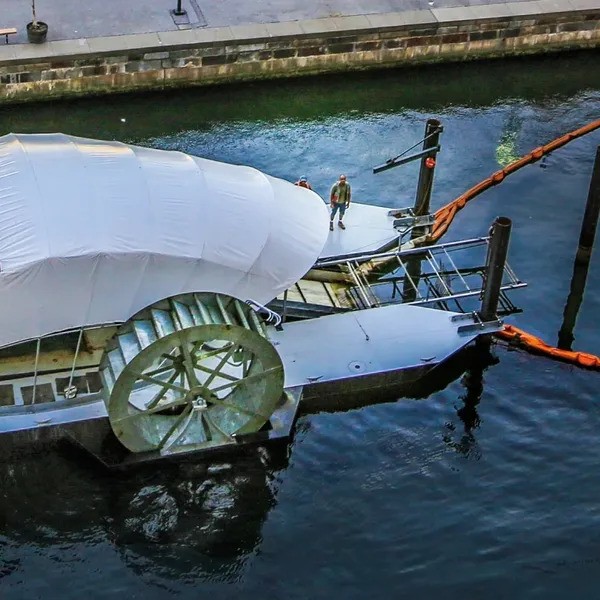Reach us: New York 18794, United States. 4568
Call us :
Reach us: New York 18794, United States. 4568
The worldwide production of plastics reached a staggering 400.3 million metric tons in 2022. Common plastics like polypropylene, polyethene, and polystyrene are cheap to produce, convenient, and durable. However, these benefits have led to a throw-away culture today. Single-use plastics account for 40% of the plastic produced yearly. Products, such as plastic bags, will be used by consumers for a few minutes before being thrown away but can cause irreparable environmental damage for up to 600 years.


It’s a startling fact that most of the plastic waste and debris in our oceans comes from land, primarily due to the role of major rivers. These rivers, like conveyor belts, gather more and more debris as they flow downstream. Astonishingly, 1,000 rivers are responsible for nearly 80% of global annual riverine plastic emissions into the ocean, with small urban rivers being the most polluting. Which is equivalent to dumping a rubbish truck (1 ton) of plastic into the ocean per minute. Once in the sea, a significant amount of plastic debris remains in coastal waters. However, when caught in ocean currents, it can be transported across the globe. The current situation is dire, with 75- 199 million tons of plastic found in our oceans and daily estimates ranging from 0.8- 2.7 million metric tons. This figure could triple to 23-37 million tons a year by 2040 if we don’t act now.

In many parts of the world, cleaning up plastic waste is a major challenge, especially in remote areas. Once plastic enters the ocean, it becomes extremely difficult to remove. This is because only 1% of marine plastic is visible on the surface, while 94% has already sunk to the seafloor. Additionally, once plastic breaks down into microplastics and disperses throughout the open ocean, it becomes virtually impossible to recover.
At Think Ocean, we advocate for addressing the issue at its source by preventing plastic waste from entering the seas in the first place. Our focus is on rivers through our Horizon mission project with the EU, aiming to make a significant impact with our stop-at-source technology.